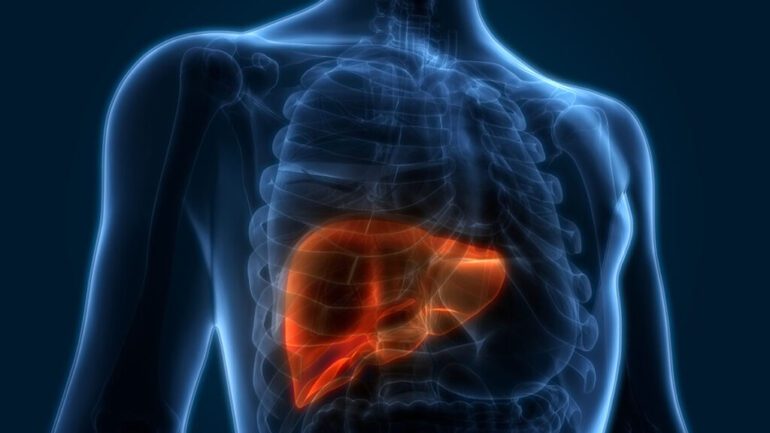TL;DR:
- FDA grants De Novo clearance to Techsomed’s BioTraceIO, an AI-powered algorithm for liver ablation treatment.
- Ablation methods are essential for inoperable liver tumors but can pose complications; BioTraceIO offers real-time guidance.
- The AI analysis surpasses CT scans in estimating the ablation zone, which was validated in a study with 50 liver tumor patients.
- AI and real-time ultrasound integration are reshaping medical diagnoses and treatments.
- AI feedback improves point-of-care ultrasound (POCUS) image quality, enabling more accurate diagnoses.
- The healthcare industry witnessed significant AI innovations in 2023, including enhanced applications for ultrasound.
Main AI News:
In a significant development for the healthcare industry, the U.S. Food and Drug Administration (FDA) has granted De Novo clearance to Techsomed’s BioTraceIO, a cutting-edge computational algorithm designed to analyze ultrasound images during liver ablation treatment. This innovation is set to revolutionize the landscape of liver tumor treatments by seamlessly integrating artificial intelligence into the ablation process.
Liver ablation treatments, including radiofrequency ablation, microwave ablation, and cryoablation, have emerged as crucial first-line options for patients dealing with inoperable primary and secondary liver tumors. While these procedures have proven to be generally safe, there have been instances of complications arising due to the expansion of ablation zones over a 24-hour period. This expansion can potentially affect critical structures such as blood vessels and bile ducts.
Techsomed’s BioTraceIO aims to mitigate these challenges by offering real-time image-guided ablation. By utilizing standard ultrasound imaging, this innovative AI-powered solution provides physicians with valuable visual insights into the ablation process. This breakthrough enables medical professionals to strategically remove liver lesions, significantly enhancing patient care.
Furthermore, BioTraceIO has demonstrated its efficacy in a multicenter study involving 50 patients with liver tumors. The artificial intelligence analysis outperformed standard post-procedure contrast-enhanced CT scans in accurately estimating the final ablation zone. Dr. Nami Azar, professor of radiology at the University Hospitals Cleveland Medical Center and principal investigator in the study, emphasized the pivotal role of imaging in tumor ablation. While ultrasound is cost-efficient and patient-friendly, BioTraceIO offers enhanced visualization and continuous monitoring of tissue response, potentially elevating the quality of care provided.
The integration of AI analysis with real-time ultrasound represents a broader trend in medical diagnoses and treatment procedures. This synergy has led to improved patient outcomes, enhanced healthcare experiences, and elevated overall healthcare delivery.
Point-of-care ultrasound devices have already expanded access to care in remote and rural areas. Now, AI is bridging the gap between imaging and medical analysis, creating a paradigm shift in healthcare. Dr. Mark Favot, associate professor and director of emergency ultrasound at the Detroit Receiving Hospital of Emergency Medicine at Wayne State University, highlighted the transformative impact of robust AI on point-of-care ultrasound (POCUS) machines. AI-driven feedback empowers healthcare professionals to produce higher-quality patient images, enabling more accurate diagnoses and immediate improvements in patient care.
While the immediate benefits of AI feedback are clear, its long-term impact is equally promising. The healthcare landscape continues to evolve rapidly, with AI innovations gaining momentum throughout 2023. The FDA’s clearance of enhanced applications, such as Clarius Mobile Health’s AI ultrasound application for musculoskeletal imaging in February, signaled the industry’s commitment to technological advancements. In November, healthcare technology companies showcased a plethora of AI tools at the Radiological Society of North America conference. Among these innovations, Konica Minolta Healthcare Americas stood out by introducing dynamic digital radiography technology and machine learning for imaging and clinical decision support.
Conclusion:
The FDA’s approval of Techsomed’s BioTraceIO signifies a game-changing advancement in liver ablation treatment. This AI-driven solution’s real-time guidance and superior accuracy in estimating ablation zones have the potential to enhance patient care significantly. The broader trend of AI integration with medical procedures is indicative of a market poised for continued growth and innovation, with a focus on improving healthcare outcomes and delivery.

